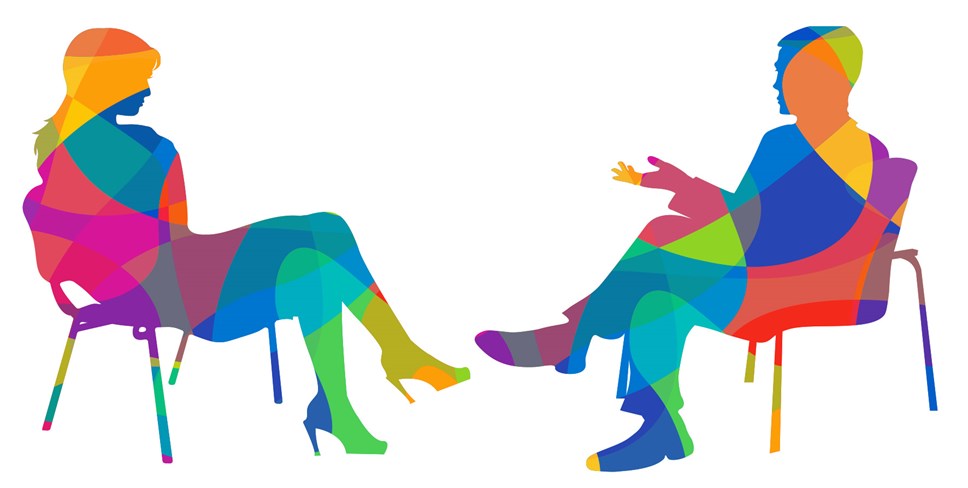
The importance of Self-identification – Sharing My Experiences
As an LGBT member of the NHSBSA Leadership team, one of the challenges I am keen to embrace is to offer an LGBT perspective on important topics. There’s been a lot of coverage recently on the subject of gender recognition and self-identification and I would like to share my thoughts and experience.
Self-identification and self-definition should be a basic human right for us all. No one should have to be subjected to medical judgements (no matter how supportive they are intended to be) or feel forced to comply with society imposed conditions, like having to act or dress in a certain way.
I became involved in what was a lesbian and gay community in the late 1980s and became more active throughout the 1990s; before the turn of the 20th century, it had become LGBT. Through this community, I learned the importance of being able to self-identify and not to allow stereotypes to be imposed on me.
I wanted to understand more about the lives, experiences, and choices other people in the LGBT community face.
One of my earliest lessons was on gender and how gay men can sometimes display sexist traits and not listen to lesbian women – an issue that still exists today. One of the ways lesbian women chose to overcome this was to demand women-only spaces for private discussion and to offer safe spaces for lesbian women coming out.
Through the LGBT network, I got to meet and spend time with more disabled people than I had ever done before. It was through these connections that I began to learn more about the social model of disability and how to treat disabled people based on who they are, not on their medical or physical condition, or how they see, speak or look.
Much later I became good friends with two Asian gay men and a black lesbian woman. Until that time I thought I understood enough about the challenges of racism and identified as an anti-racist. I may well have understood some issues, but not the challenges of being an out lesbian in a strong black community. The woman I knew was part of the Windrush generation that migrated to the UK between 1948 and 1971 from Caribbean countries; much of what she shared with me about her experience of racism has become more poignant and relevant today.
My two Asian friends and I faced similar challenges of being gay in our respective religious families and communities, though I recognise my personal challenge as being a Catholic was much less than theirs.
All three of my friends faced up to their respective BAME and LGBT communities demanding respect and recognition of their self-identities, facing the multiple challenges of race, religion and sexual orientation.
Those who identify as bisexual also face discrimination and stereotyping. It’s an often overlooked issue that can involve similar sniggering, sarcastic comments, or a blatant refusal to accept someone’s chosen identity.
It is a sad reality that to date I have not really met or made friends with people from the transgender community in quite the same way. However, the lessons I learned about the importance of self-identification and a person’s right to equal respect and dignity are just as important to the trans community, and can often be an even bigger barrier to overcome – especially when some members of the cisgender community make it harder for them. I personally support the proposed change to allow self-identification of gender and I sincerely hope this becomes the new norm both legally and in society
At the same time, I continue to support the vital principle of providing safe spaces within our shared communities, be these for women, BAME people, trans people, the wider LGBT community, and disabled people. I sincerely hope that both women, men, trans and cis communities can find the right way to recognise each other’s differences, reduce feelings of tension and eliminate transphobia. It’s important that we find ways to maintain the vital principles of self-identification while also providing appropriate safe-spaces for these communities.
Giving people the time and space to experiment and to make their own decisions on their identity and life choices is important. We need to recognise that the decision to self-identify may take longer for some people; for others, it may happen earlier in life. I did a lot of experimentation during my teens that helped me understand who I truly am, but it was not without pain, embarrassment, harassment and unwanted medical, parental and school-teacher interference.
I am who I am, not what you or others think I am – That’s a principle I think we can all support and live by.
